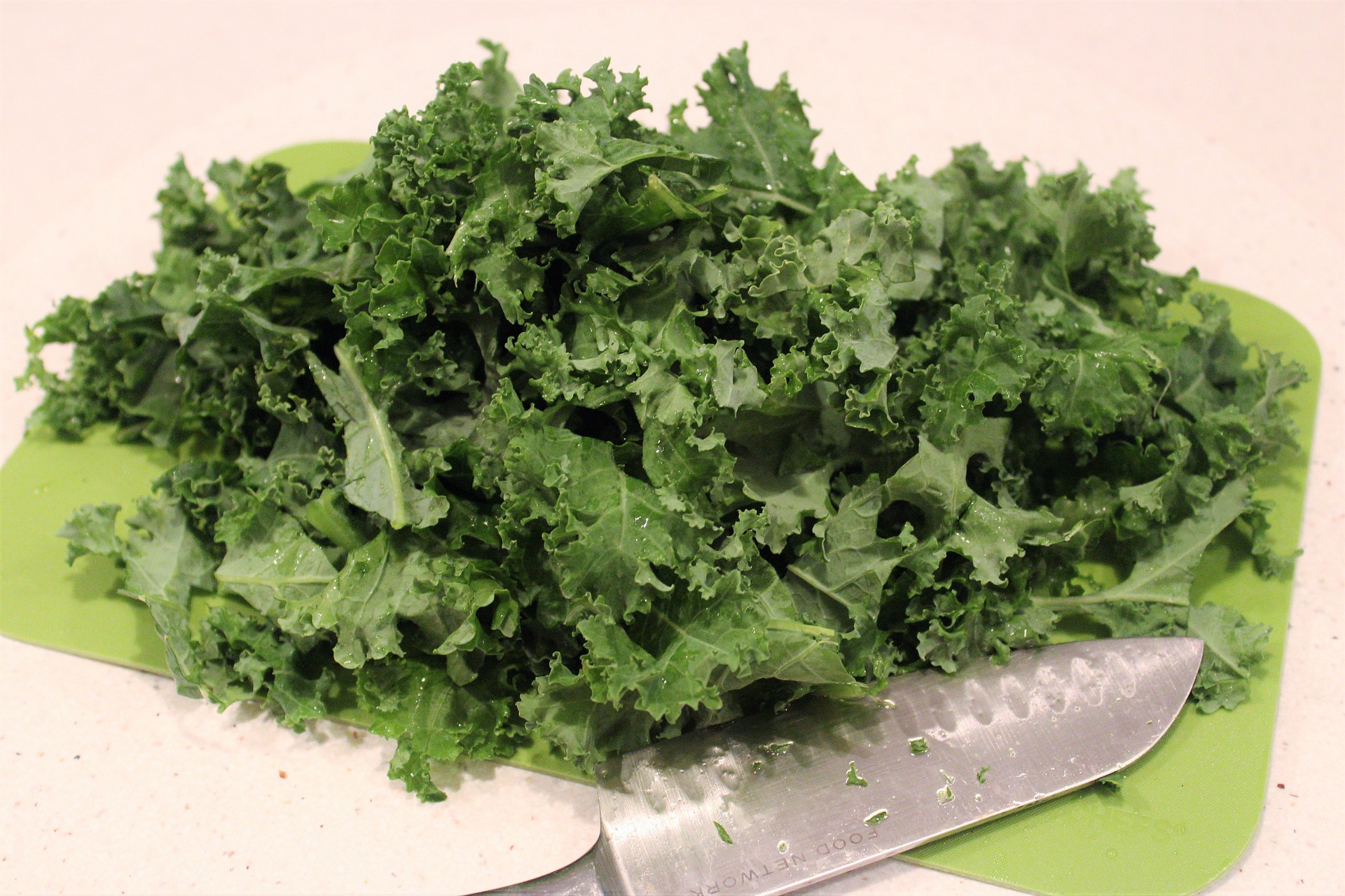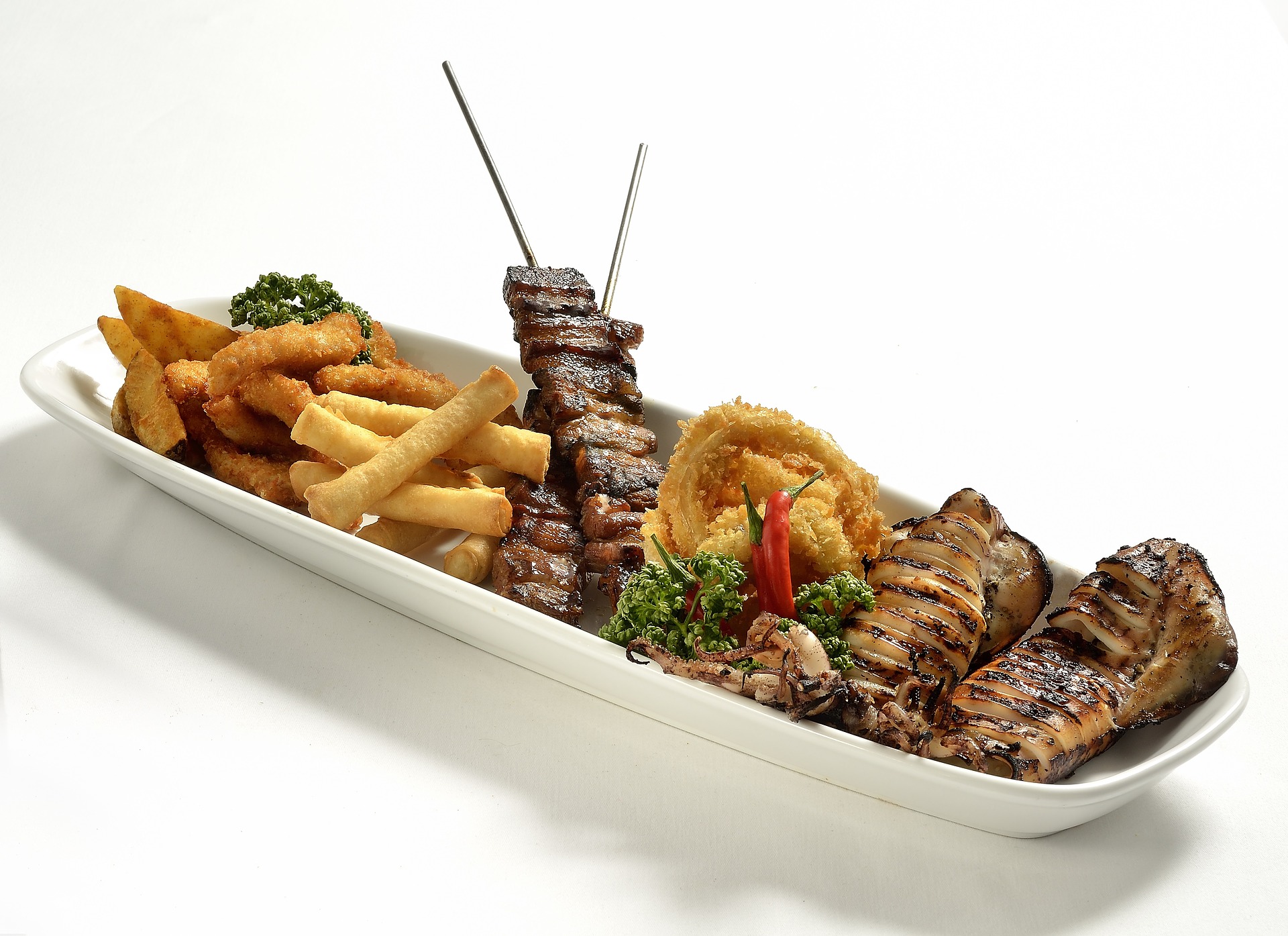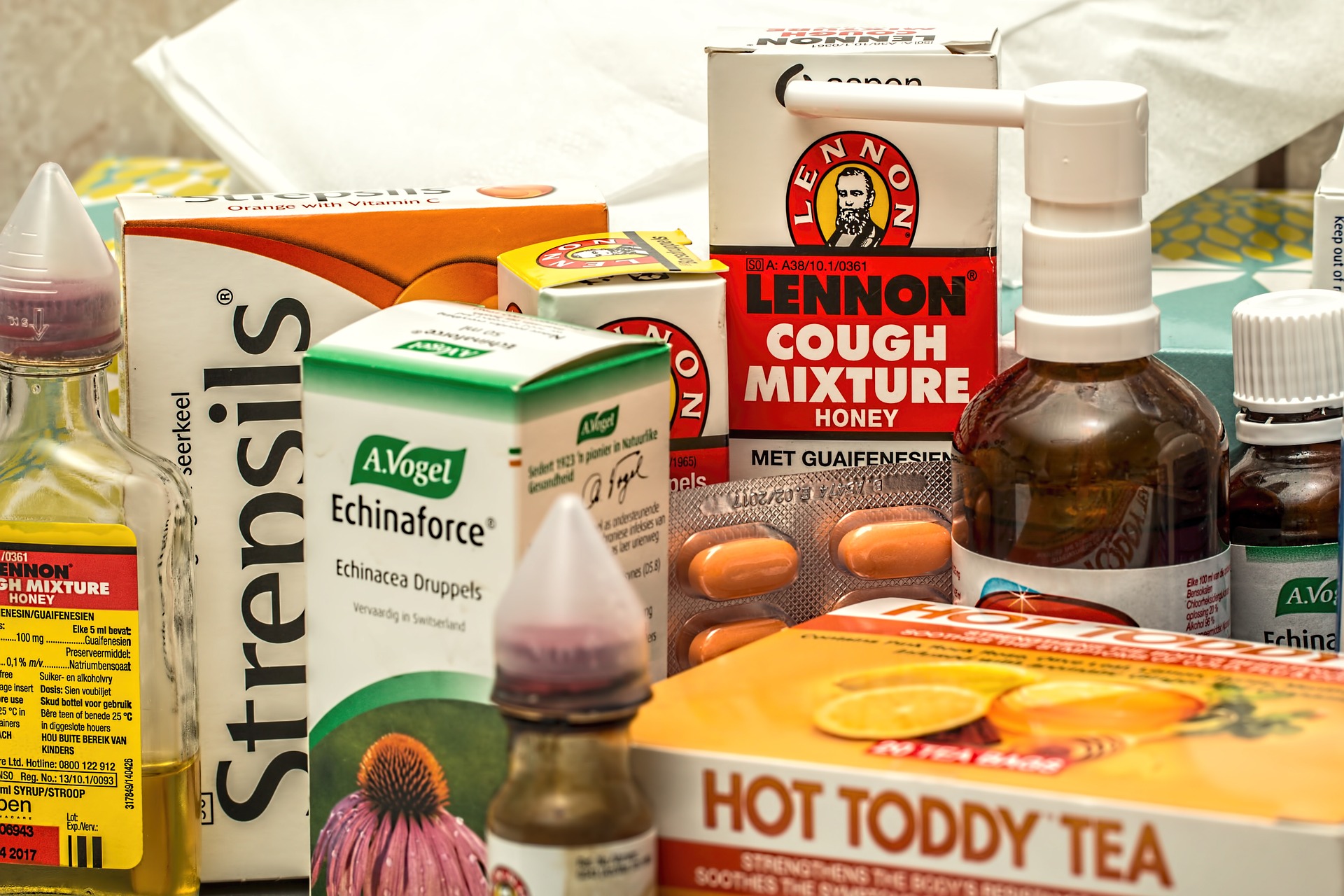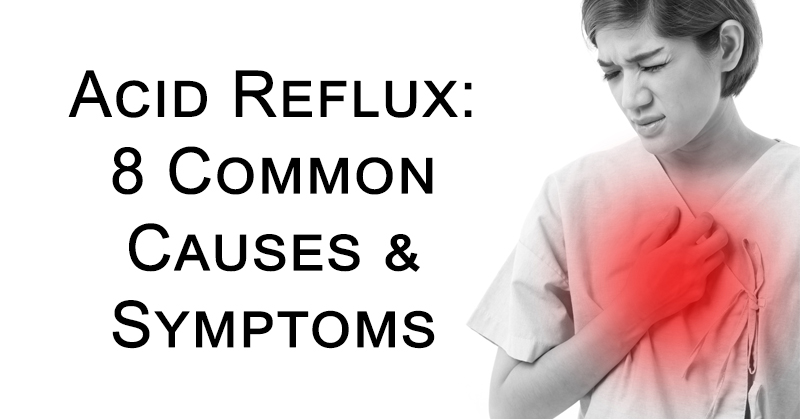About one-third of people suffer from acid reflux at least once a year or more. And most people know which foods tend to cause a flare-up of reflux, but there’s a twist on the factors that can cause this painful condition.
Contrary to what most people believe, acid reflux symptoms are not caused by too much acid in the stomach. Low stomach acid, in fact, is what experts now believe causes acid reflux symptoms. (1)
This is what occurs:
Acid reflux is caused by acid rising from the stomach into the esophagus, which is the tube that connects the throat and the stomach. This occurs because of a leaky valve that is unable to shut properly, or because there isn’t enough acid in the stomach to tell the body to seal everything up. This enables gastric juices — yes, that’s stomach acid! — to climb up the pipe. Then, without proper levels of acid in the stomach, digestion is disrupted, which leads to more unpleasant symptoms. (2)
A variety of conditions can cause acid reflux to happen. Here are 8 of them:
1. Inflammation
Studies have found that high levels of inflammation are linked to the development of GERD (3). Furthermore, inflammation left untreated is a factor in the development of esophageal cancer (4).
An acid reflux diet can help to lessen painful acid reflux symptoms.
2. Hiatal Hernia
Hiatal hernias can cause acid reflux. A hiatal hernia happens when the upper part of the stomach protrudes above the diaphragm, allowing acid to escape. Hiatal hernias are associated with most cases of GERD (5).
3. Aging
Many elderly members of the American population lack the appropriate amount of stomach acid needed to digest their food fully. This is often considered a side effect of taking antacids regularly and/or malnutrition.
Be sure to consume a proper, healthy diet, choosing foods that will help fight symptoms of acid reflux.
4. Pregnancy

When a woman is pregnant, acid reflux pregnancy symptoms can arise. This happens because the fetus can put extra pressure on the esophageal valve, causing the release of acid and symptoms of acid reflux.
To help ease symptoms, try sipping herbal teas and eating smaller meals.
5. Obesity
Being overweight can put extra pressure on the valves and sphincter that allow release of acid. And there is often a correlation between overweight individuals and GERD. Studies found that obesity was correlated with higher levels of other related disorders, including erosive esophagitis, esophageal and gastric cancers.
6. Smoking cigarettes

Smoking impairs muscle reflexes and increases acid production (6). Quitting smoking, however, is associated with significant improvement of acid reflux symptoms.
The sooner you quit, the better.
7. Excessive exercise
While moderate exercise is a great way to get in shape, too much of a good thing can become bad. Too much exercise is taxing on the nervous system, which puts extra pressure on the abdominal cavity. And that leads to acid reflux.
It’s good to challenge yourself, but be sure to not overdo it on the exercise!
8. Magnesium deficiency

Low magnesium levels may lead to improper functioning of the sphincter, which is what prevents acid from escaping. Try adding dark leafy greens, pumpkin seeds, or other magnesium-rich foods to your diet.
You may already know all about the common symptoms associated with acid reflux.
However, there are other symptoms, some of which are not as well-known, that indicate acid reflux. Incorporating an acid reflux diet can help alleviate some of these symptoms.
Here are 8 symptoms of acid reflux:
1. Chest Pain

This is one of the most common symptoms of acid reflux. However, you should learn the differences between acid reflux pain and a heart attack.
2. Pain worsens at rest
When you lie down, acid is more likely to escape into your esophagus.
“If you’re sitting up straight, gravity helps keep food in the stomach,” says Dr. Coyle. “If you lose the gravity, you’re more prone to reflux.” (7)
3. Post-meal pain

This is especially true if it occurs right after a big meal. But it’s entirely preventable.
“I would stress not eating big, fatty meals and watching [your intake of alcohol and tobacco],” says Dr. Coyle, who is a spokesman for the American College of Gastroenterology.
4. Bitter taste
Acid that escapes into the back of your throat can leave a nasty, bitter taste on your tongue. This is known as water brash. In extreme cases, it can lead to patients waking up choking.
If that happens—especially at night—you should see a doctor.
5. Throat Issues

Acid reflux throat issues are sometimes confused for flu or cold symptoms. A sore throat or hoarseness, however, are also indicators of acid reflux.
If your throat tends to ache only after meals, you may have heartburn. If you don’t develop other symptoms, such as sniffling or sneezing, consider acid reflux.
Over time, the cycle of damage and healing after reflux causes scarring,. says Timothy Pfanner, MD, assistant professor of internal medicine at Texas A&M Health Science Center College of Medicine, in College Station (8).
This causes swelling in the lower-esophagus tissue, which leads to a narrowing of the esophagus and difficulty swallowing.
6. Cough and Asthma
Stomach acid can also creep into your lungs, causing a cough (9). The coughing can get bad enough to trigger asthma symptoms as well. If you suspect your cough or asthma is due to reflux, speak to your doctor about getting a pH test.
The test is an outpatient procedure. It deciphers the amount of acid in your esophagus over a 24-hour period and can help determine if you have acid reflux.
7. Nausea
Nausea, for some people, is the only symptom of reflux. And as so many things can cause nausea, it can be difficult to pinpoint reflux as the cause.
But there are some clues you can look for. If nothing else seems to be causing it, for example, it could be reflux. Furthermore, if the nausea comes on right after meals, chances are, it’s caused by reflux.
Be sure to steer clear of foods that trigger acid reflux.
8. Extra saliva
If your mouth is producing extra saliva, it could be water brash, which suggests acid reflux, Dr. Coyle says. It’s a similar concept to when you vomit. “It is your body trying to wash out an irritant in your esophagus,” he says.
By incorporating the right foods into your diet, you can help correct acid reflux symptoms.
Acid reflux medicine you get over the counter might help in the moment, but instead of relying on the medicine long-term, why not make lifestyle changes that will help promote overall physical health? Your body will thank you in the long-run.


